Reform seeks to protect wildlife and Alpine farming
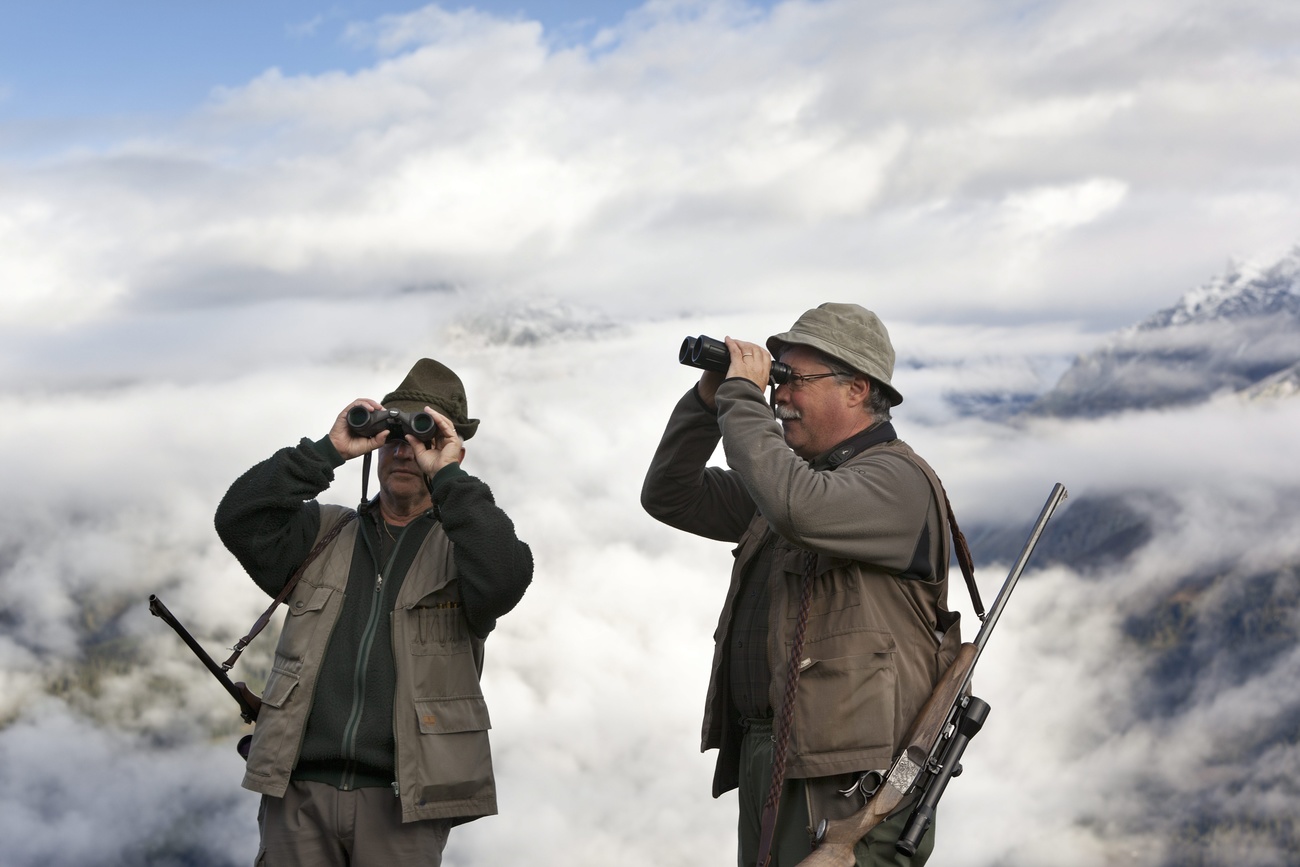
The growing wolf population in Switzerland is at the centre of discussions about a reform of the country’s hunting law. Wildlife and nature protection are highly contested issues between the rural community and environmentalists.
However, the reform of the 1986 law includes many more protected species as well as their habitats.
Voters decide on a legal amendment together with four other issues on September 27.
What’s at stake?
The reform of the hunting lawExternal link was passed by parliament last September following a series of emotional controversies in both parliamentary chambers about a government proposal to adapt the current law.
Much of the public attention has focused on the perceived threat of wolves to sheep and goats in remote mountain regions, as well as the measures taken by farmers to protect their livestock.
Despite an easing of hunting restrictions, the wolf would remain a protected species in Switzerland.
The predators have been spotted regularly since 1995 and their population has grown to about 80 individuals living in eight packs, mainly in the Swiss Alps. Up to 500 sheep or goats get killed or maimed in wolf attacks every year, according to official data. This compares with the more than 200,000 sheep or goats which spend the summer season in mountain alps.
The legal reform also seeks to adapt regulations for the protection and the hunting of lynx, beaver, woodcock, grey heron, goosander and three species of wild geese.
Under the amended law, the government is to almost double its contribution to CHF4 million ($4.3 million) annually for the management of the 80 wildlife reserves and bird sanctuaries dotted across the country.
What are the main arguments for and against?
The opponents have criticised the legal reform as a failure, notably because it allows the preventive culling of wolves and because other species might be put in jeopardy.
They say the law allows for certain threatened species – hare, woodcock and black grouse – to be hunted.
They are also concerned that the cantonal authorities might use their powers to be more liberal than the national authorities when it comes to granting licences to hunt individual animals. The exclusive right of the national government to extend the list of species that may be hunted has also come under attack.
Supporters argue that the reform helps preserve biodiversity in Switzerland, notably by boosting natural habitats and granting better protection to a number of animals, notably lynx, beaver and a several bird species.
They argue the reform will allow the culling of wolves while forcing sheep and goat farmers to improve protection measures for their livestock to be eligible for financial compensation in case of a wolf attack.
Why do voters have a say?
Last October, environmental groups and animal rights activists started gathering signatures against the reform of the hunting law approved by a large majority of parliament.
The campaigners handed in the necessary signatures in January 2020, forcing a nationwide referendum on the issue.
As part of the Swiss system of direct democracy, a parliamentary decision can be challenged to a nationwide vote by collecting at least 50,000 signatures within 100 days.
Who are the supporters and the opponents?
Opponents of the reform include mainly parties on the left (Social Democrats and Greens) and some members of the centre left (Liberal Green Party) as well as animal rightsExternal link and environmental groupsExternal link.
The main parties to the right of the centre have come out in favour of the legal amendment. Hunting organisations as well as the main farmers’ association and mountain regions also recommend approval of the law.
The government has also called on voters to endorse the reform.
Who’s responsible for what?
In 1979 Switzerland was one of the first countries to sign an international accord from the Council of Europe to promote natural conservation policies.
The main objective of the so-called Bern ConventionExternal link is to conserve wild flora and fauna and their natural habitats, notably giving particular attention to endangered and vulnerable species and also by promoting cooperation between states.
Parliament approved the current law in 1985. Hunting, including restrictions and permits, is primarily regulated by the cantonal and local authorities.
Last year, environmental organisations launched an initiative calling for a constitutional amendment to preserve and increase biodiversity.
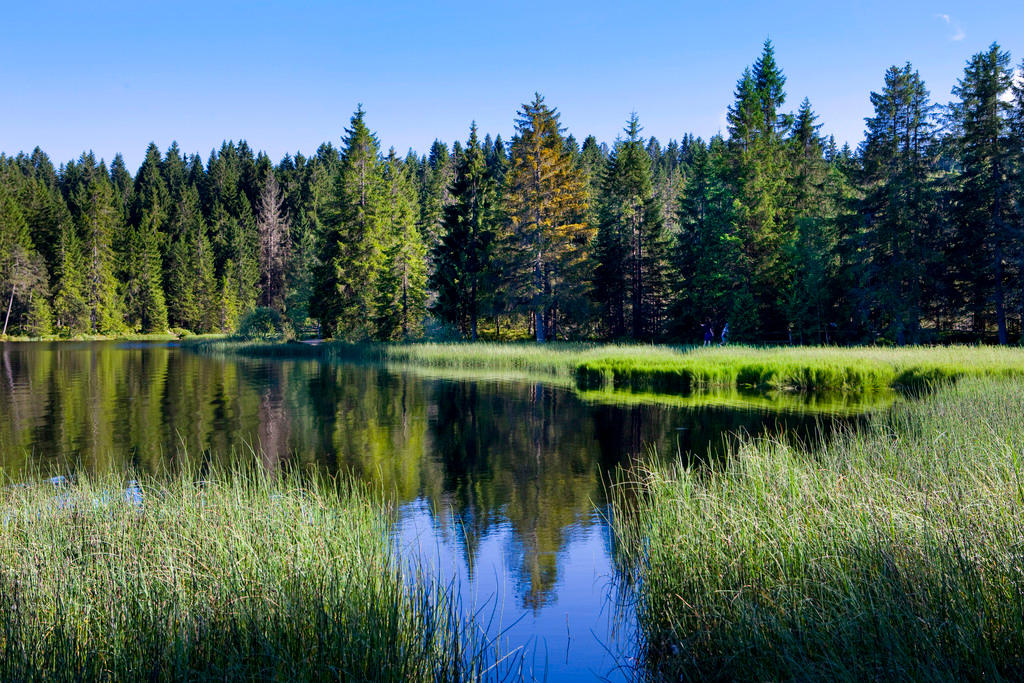
More
Reports sound alarm bells for Swiss biodiversity

In compliance with the JTI standards
More: SWI swissinfo.ch certified by the Journalism Trust Initiative









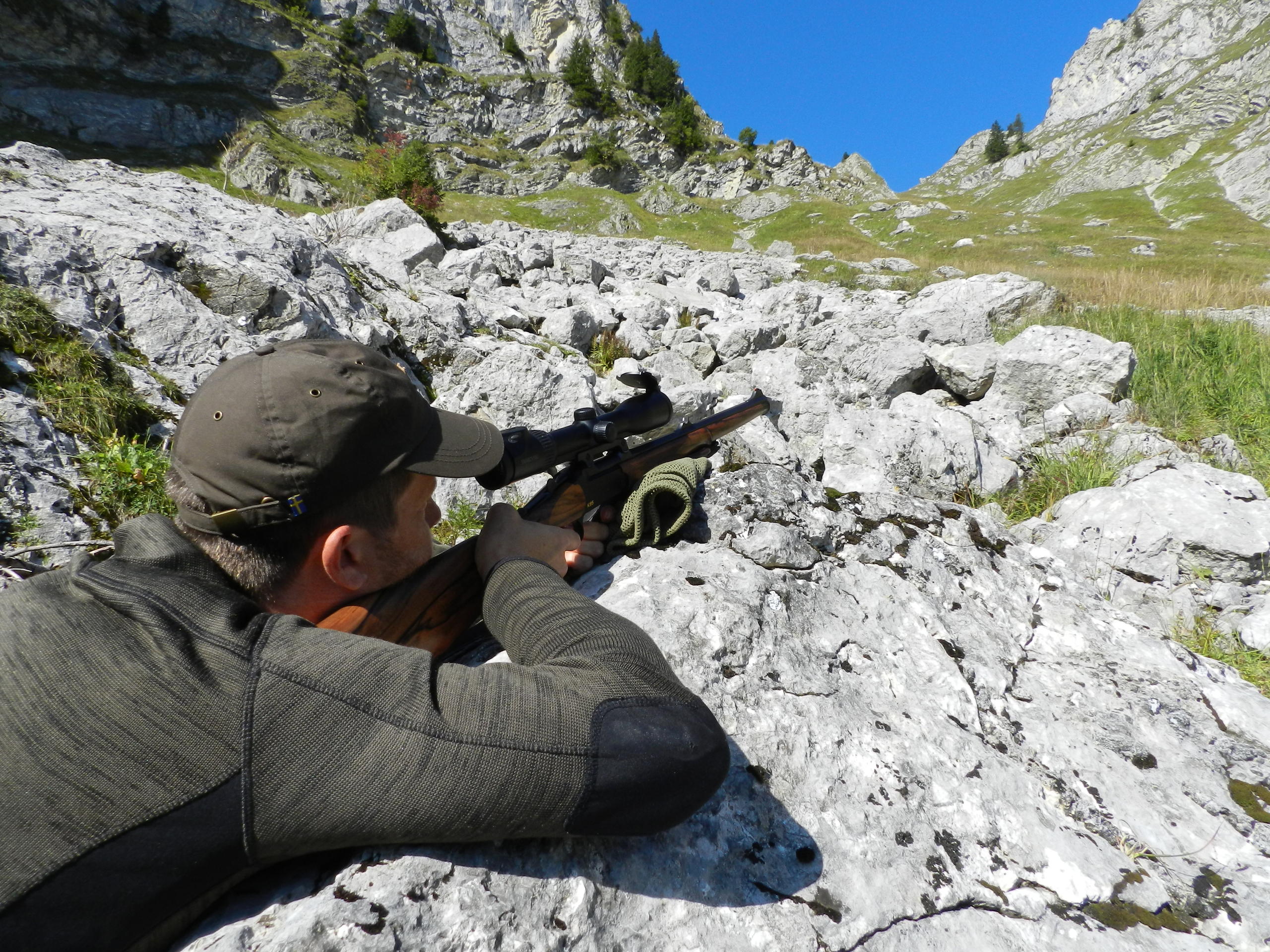
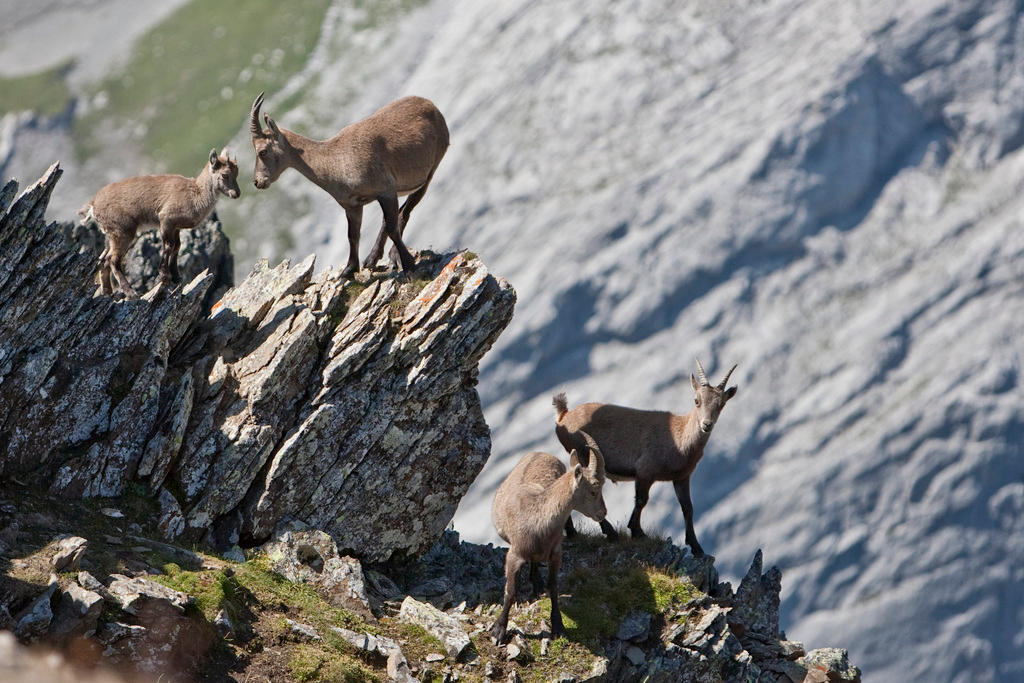

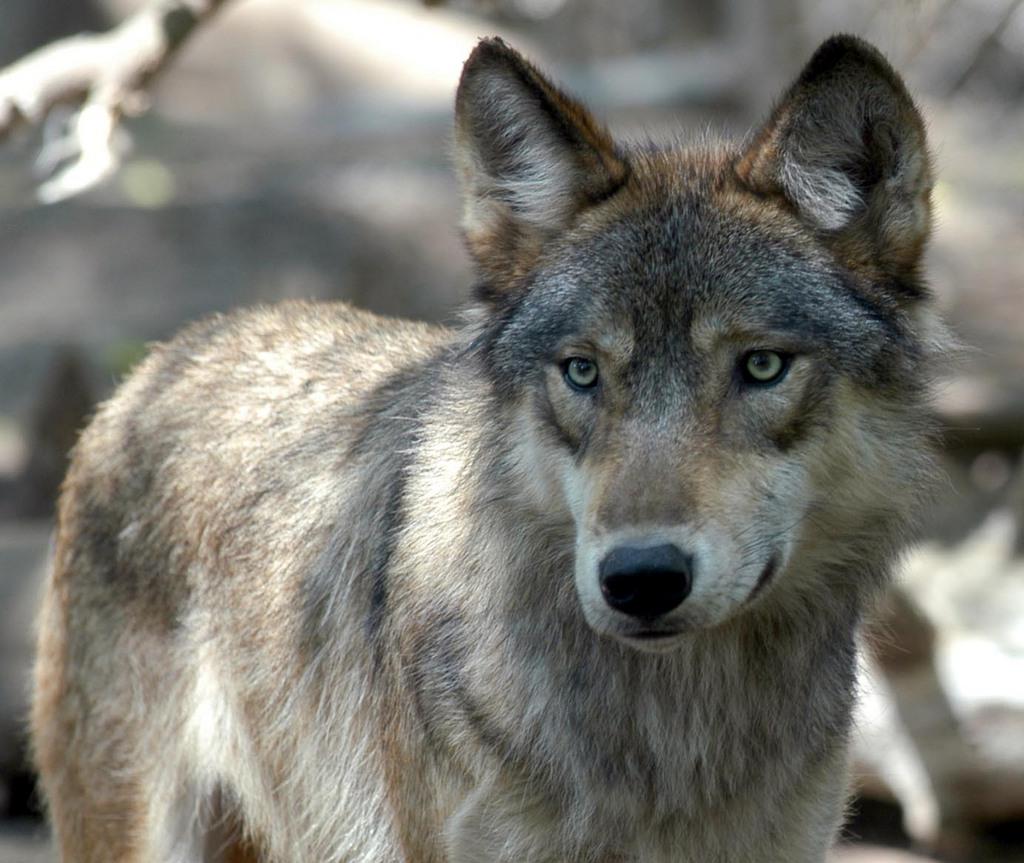

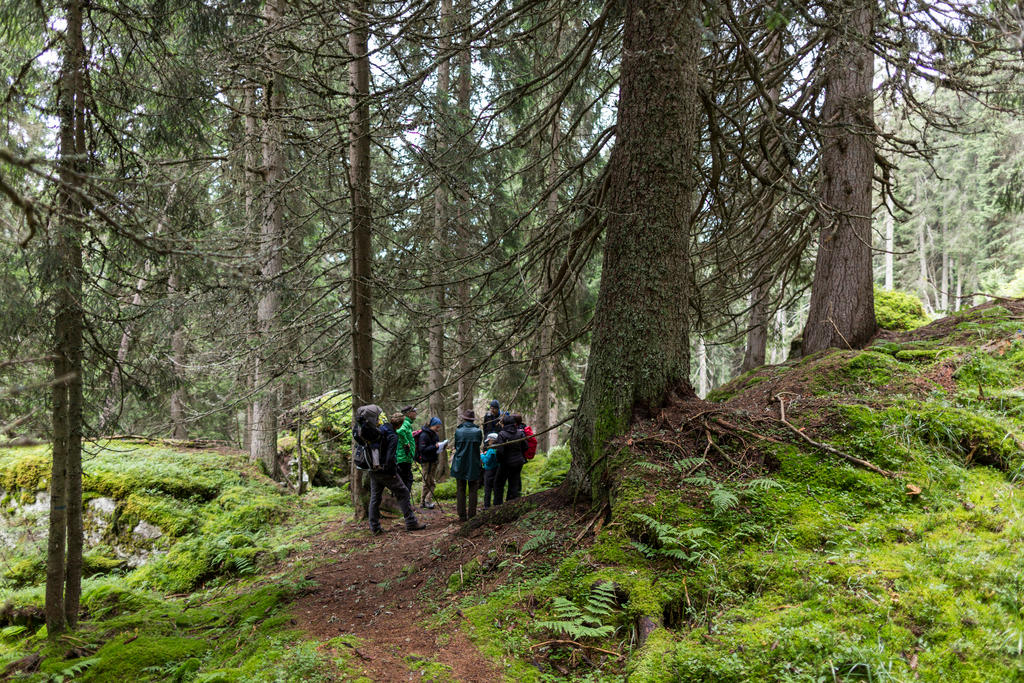

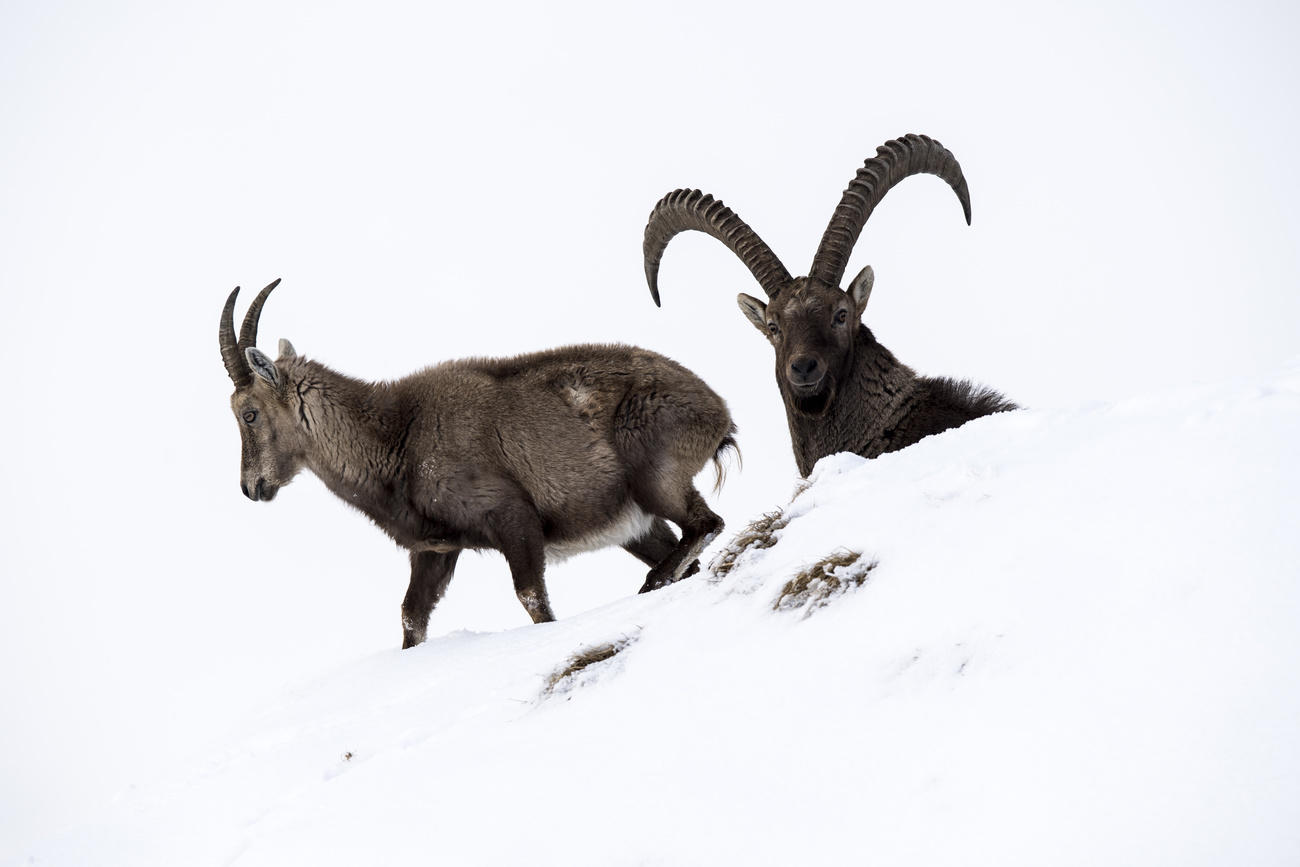
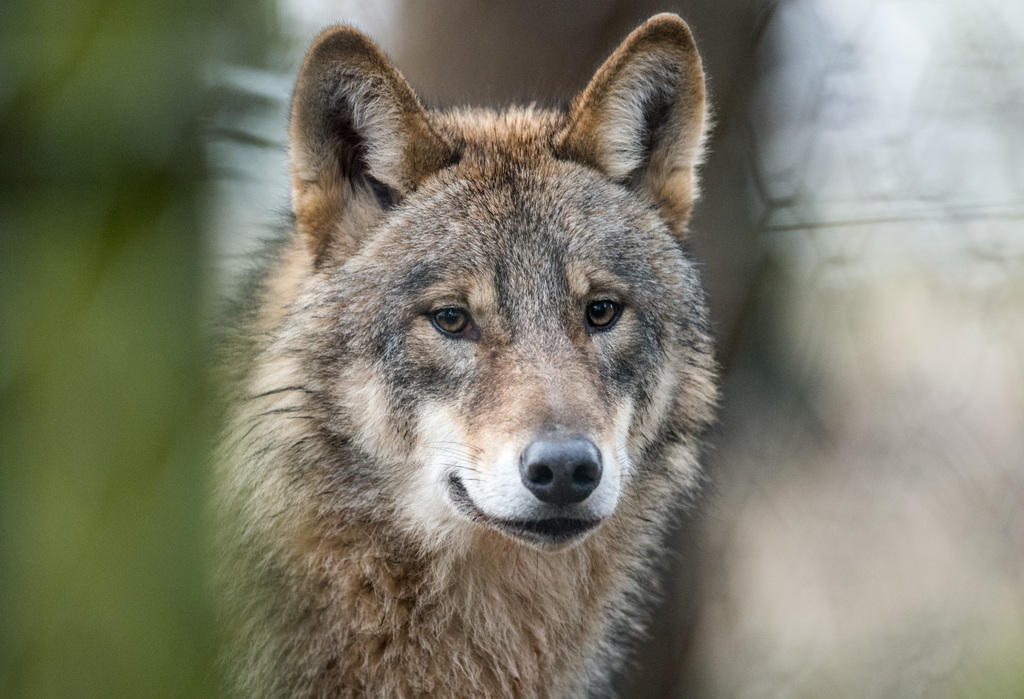

Join the conversation!